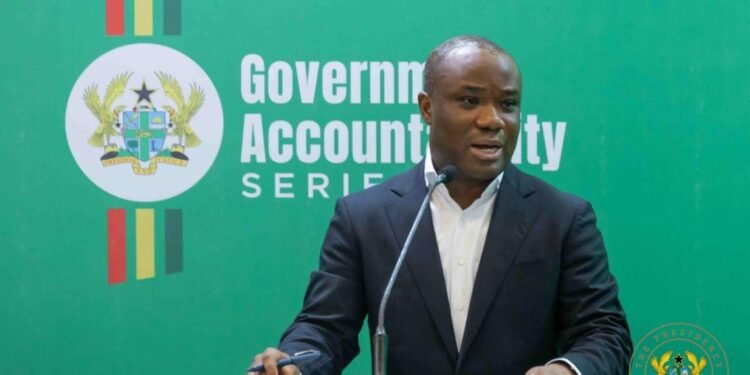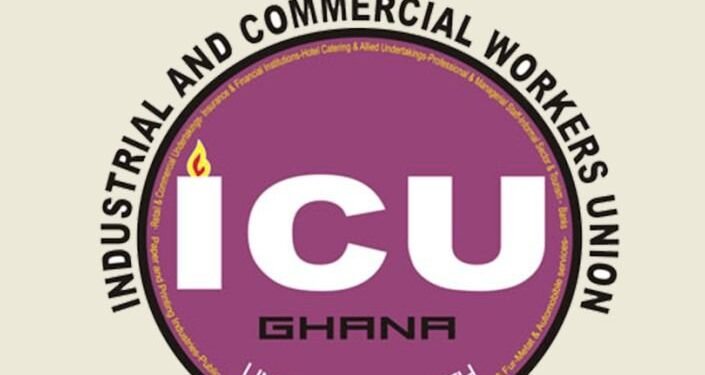In a deepening controversy surrounding the Development Bank Ghana (DBG), Bright Simons of IMANI Africa has revealed that early drafts of the Deloitte report on the bank triggered internal turmoil and multiple revisions.
According to Simons, the audit’s preliminary findings raised such alarm that stakeholders, including the Ghanaian government and development finance institutions (DFIs), demanded repeated rewrites before a final document could be shared.
The version eventually released, dated May 21, was described as a progress report rather than a final audit, and it was disseminated to the new government and the DFIs that had been urging for transparency.
Simons emphasized that this report played a pivotal role in the government’s decision to dismiss the board of directors at the Development Bank.
“The odd thing is that the report really tries to overcompensate for the seriously damning findings by including generous dollops of management rationalisations. Yet, facts are stubborn.
“Because this is a progress report, the government may not publish for now. Some of Deloitte’s submissions show strong limits to its investigative capacity, since it is not a security agency.”
Bright Simons
He indicated that Deloitte’s limited capacity as a non-security agency may have hindered its ability to thoroughly investigate certain complex or sensitive matters.

This shortcoming, he implied, likely played a role in the government’s decision to escalate the matter by involving state security and investigative bodies with the legal authority and technical expertise to dig deeper.
According to Simons, the decision to engage these national enforcement institutions reflects just how serious the underlying issues are—issues that persist even though the report was presented in a toned-down, progress format rather than as a conclusive audit.
This move, he suggested, signals that the government views the situation as too critical to be addressed through routine corporate reviews alone.
Governance Lapses Detected In Deloitte Report
Sharing excerpts from the report, Simons aimed to shed light on institutional failures that led to financial inefficiencies and questionable governance practices at the Development Bank. One of the major issues, according to him, was the suppression of internal checks.
He pointed out that board members who advocated for cost verification were overruled by the majority—an action that raises red flags about the board’s fiduciary integrity.
“Why would any serious fiduciary board do that?” Simons asked rhetorically, highlighting a lack of adherence to sound governance principles.

He criticized the arbitrary approach to budgeting within the institution, particularly in the bank’s allocation for IT infrastructure.
The Development Bank’s IT budget, Simons revealed, was calculated as a percentage of total assets rather than being tailored to the bank’s operational requirements.
A particularly troubling revelation was the lack of transparency in the procurement and pricing of the Temenos core banking platform.
“Murky pricing of DBG’s Temenos core banking platform, leading to millions of dollars in price variations, was not resolved by engaging original suppliers directly. The biztech discrepancy alone amounted to $6m.”
Bright Simons
Further scrutiny uncovered legal oversight failures. According to Simons, several contracts with external vendors were signed without undergoing legal review.
After this procedural lapse was discovered, the bank made retroactive attempts to assess agreements that had already been finalized.
Adding to the growing list of concerns, Simons disclosed inconsistencies in vendor reporting. In particular, the company AWC reportedly provided status updates that did not align with independently verified deliverables.
These discrepancies, he said, could represent additional financial losses amounting to millions of dollars.

These revelations, though drawn from a report that remains unpublished, point to deep structural and administrative failings within the Development Bank.
Accordingly, Simons cautioned that while Deloitte’s audit has shone a light on some of the issues, a more comprehensive probe by investigative bodies is needed.
The use of the term progress report may have been strategically employed to delay public disclosure, but the issues raised within it demand urgent attention.
The wider public will likely demand transparency as the matter unfolds.
Simons’ revelations call into question not just the actions of the former board, but also the capacity of oversight institutions to prevent systemic failures in key national financial entities like the Development Bank.
With the government now drawing in state security agencies, it remains to be seen whether this case marks a turning point in financial governance or becomes yet another cautionary tale left unresolved.
READ ALSO: Starmer Backs Trump’s Strikes On Iran























